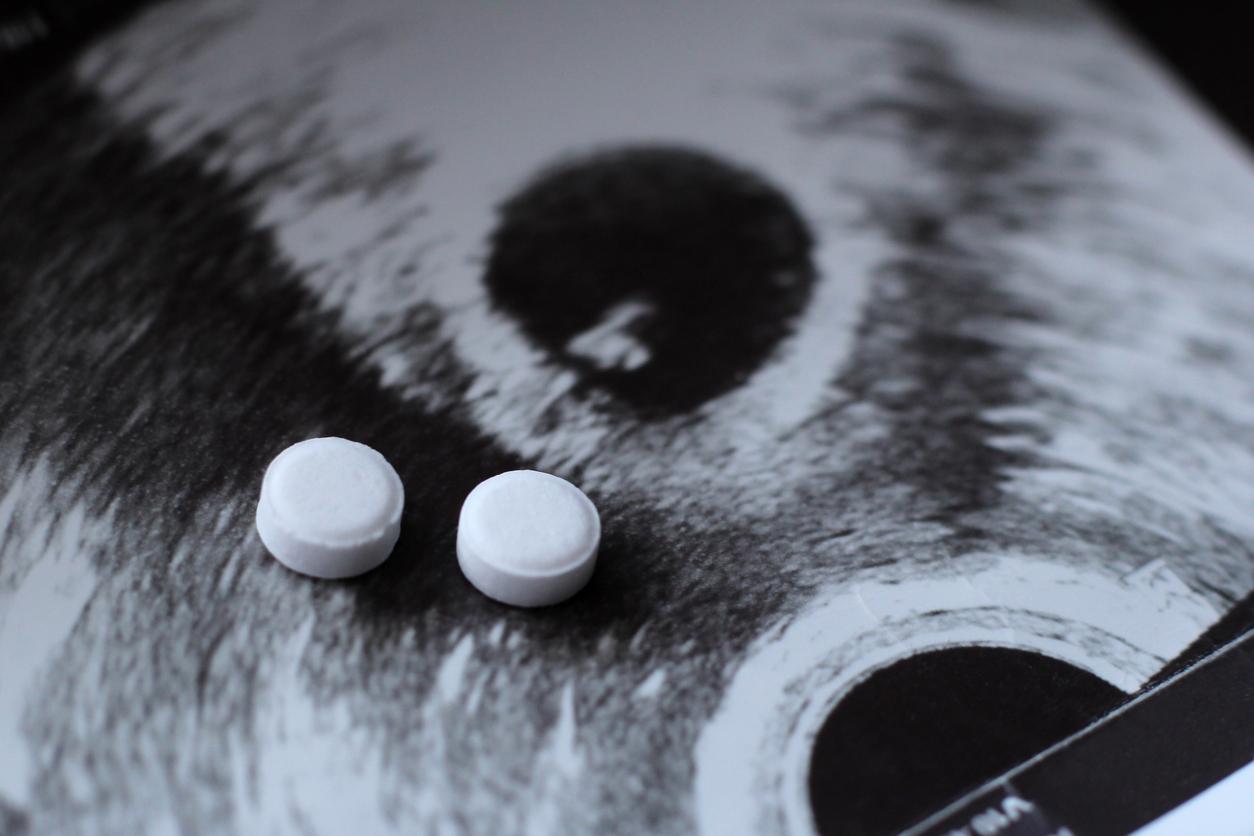To better support women after childbirth, the HAS has published new criteria and procedures relating to the conditions of maternity leave of mothers and their babies.
“The various studies show that women are generally satisfied with the management of their pregnancy and childbirth, they show, on the other hand, reservations about the management of discharge from maternity and the ‘accompaniment of the return home’ recalls in a press release the HAS. With 800,000 births in France per year, the HAS wanted to strengthen its prevention and perinatal security policy. She redefines the medical criteria for discharge, release dates and the methods of support for women at home.
Extremely precise medical criteria
The discharge of the mother and her child from the maternity hospital can only be done without checking the extremely precise medical criteria. Professionals must make sure that the mother does not have any bleeding or infection. That she is not psychologically or socially fragile, that there are no untreated complications or unbalanced pathologies.
For the infant, the staff first make sure that the initial clinical examination is normal, that the functions related to feeding, stools, urination and transits are established. To exit the maternity ward, the baby should not have temperature, weight loss or jaundice (jaundice) requiring phototherapy.
Standard, early or late release
In its press release, the HAS also redefines the different types of outings. The standard discharge is between 72 and 96 hours after a vaginal delivery and between 96 and 120 hours after a cesarean delivery for the birth of a single newborn without complications. Early discharge is during the first 72 hours after a vaginal birth or during the first 96 hours after a cesarean delivery with the consent of the mother or the mother. couple.
Read also :Home birth: 3 women testify
Improve the return home
“To improve and improve the return home, it is essential to anticipate and prepare for leaving maternity,” recalls the HAS. She also recommends to “choose a professional (a midwife, a general practitioner or a specialist doctor) who will carry out a follow-up of the return home, to contact beforehand. birth. ”He will have to identify risky situations and advise women on the choice of other professionals in the event of complications. He will also advise the woman and the couple on planning for future care (all of the first month) for mother and child.
















